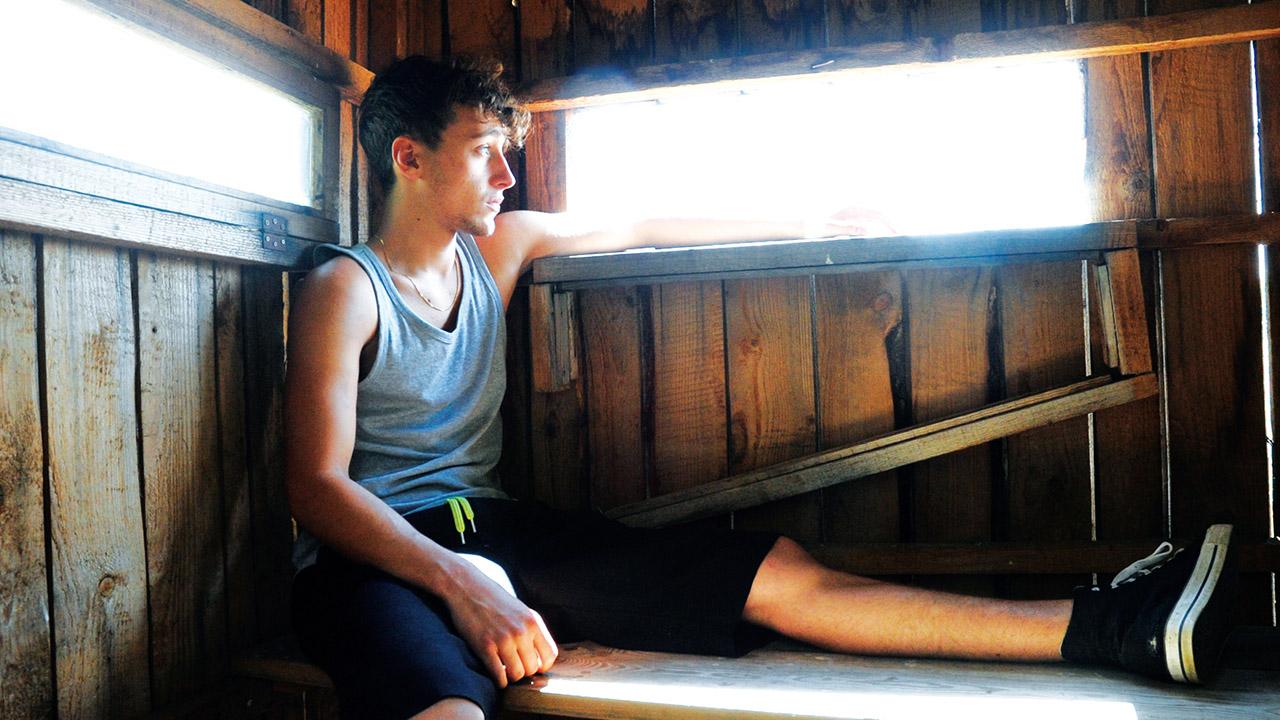Harvest (2011) (Stadt Land Fluss) is a German coming-of-age drama that follows the quiet, introspective journey of two young men, Marko and Jakob, as they work on a farm in rural Brandenburg. Jakob is an apprentice learning the trade, living a structured yet solitary life dominated by the rigid expectations of agricultural work. His routine is disrupted when Marko, a more confident and free-spirited young man, arrives as a seasonal worker.
As the two spend long hours together tending to the fields and livestock, a subtle but undeniable attraction begins to develop between them. Their relationship is marked by fleeting glances, hesitant touches, and stolen moments of intimacy amidst the quiet backdrop of farm life. For Jakob, this connection is both exhilarating and unsettling, forcing him to confront emotions he has long suppressed.

Despite the beauty of their newfound bond, reality looms over them. The conservative farming community and unspoken societal norms make it difficult for them to fully embrace their feelings. Marko, more open about his identity, encourages Jakob to break free from his fears, but Jakob struggles with the pressure of his responsibilities and the expectations placed upon him.
As their time together comes to an end, Jakob must decide whether to follow the life that has been laid out for him or take a risk for something uncertain but potentially more fulfilling. The film’s delicate storytelling, naturalistic cinematography, and restrained performances make it an intimate and poignant exploration of love, identity, and self-acceptance.

Harvest is a quiet yet deeply emotional film that captures the tender complexities of first love and self-discovery in an environment where tradition often overrides personal freedom. Its slow, meditative pacing and authentic performances create a heartfelt and realistic portrayal of two young men navigating love in an unforgiving world.





